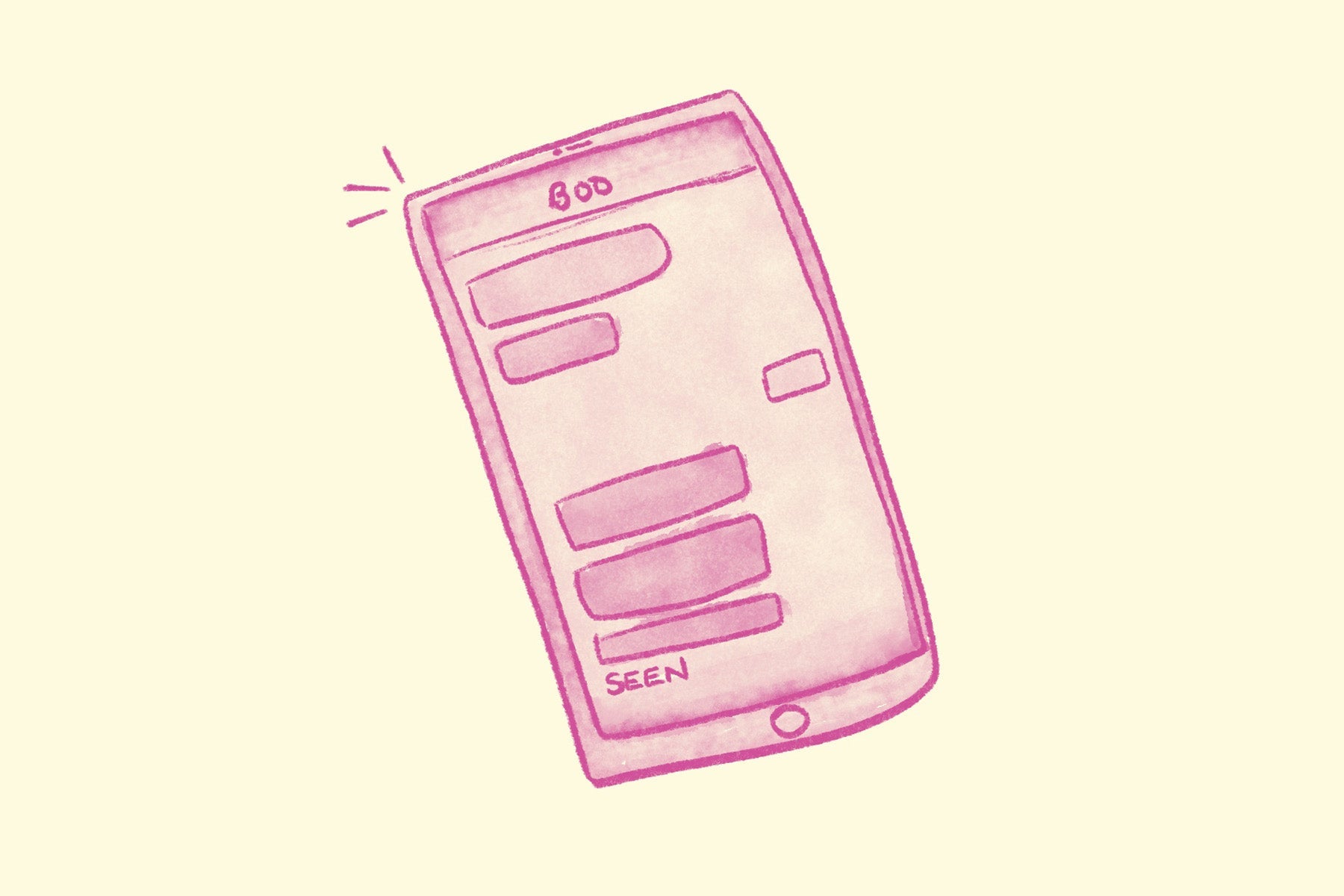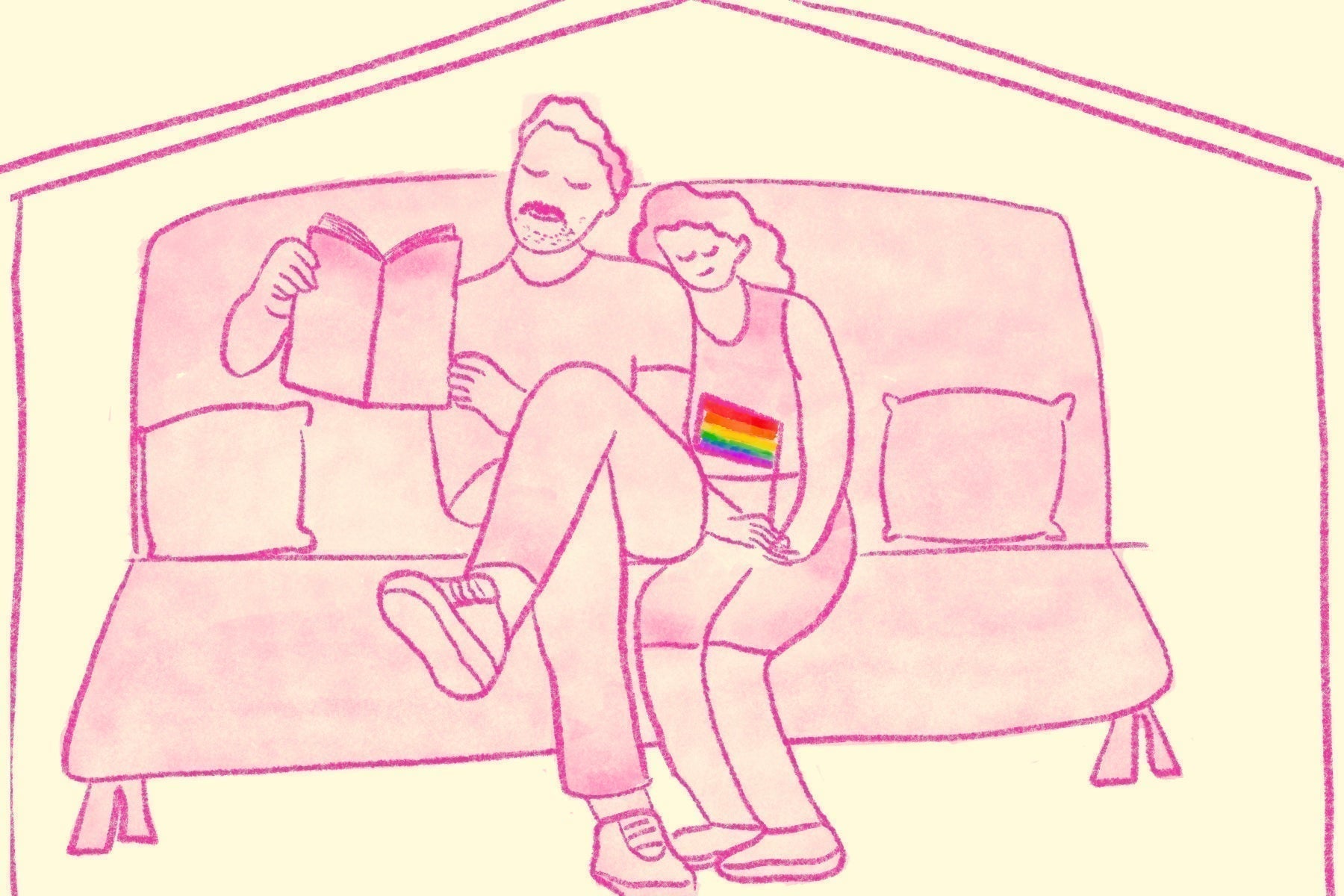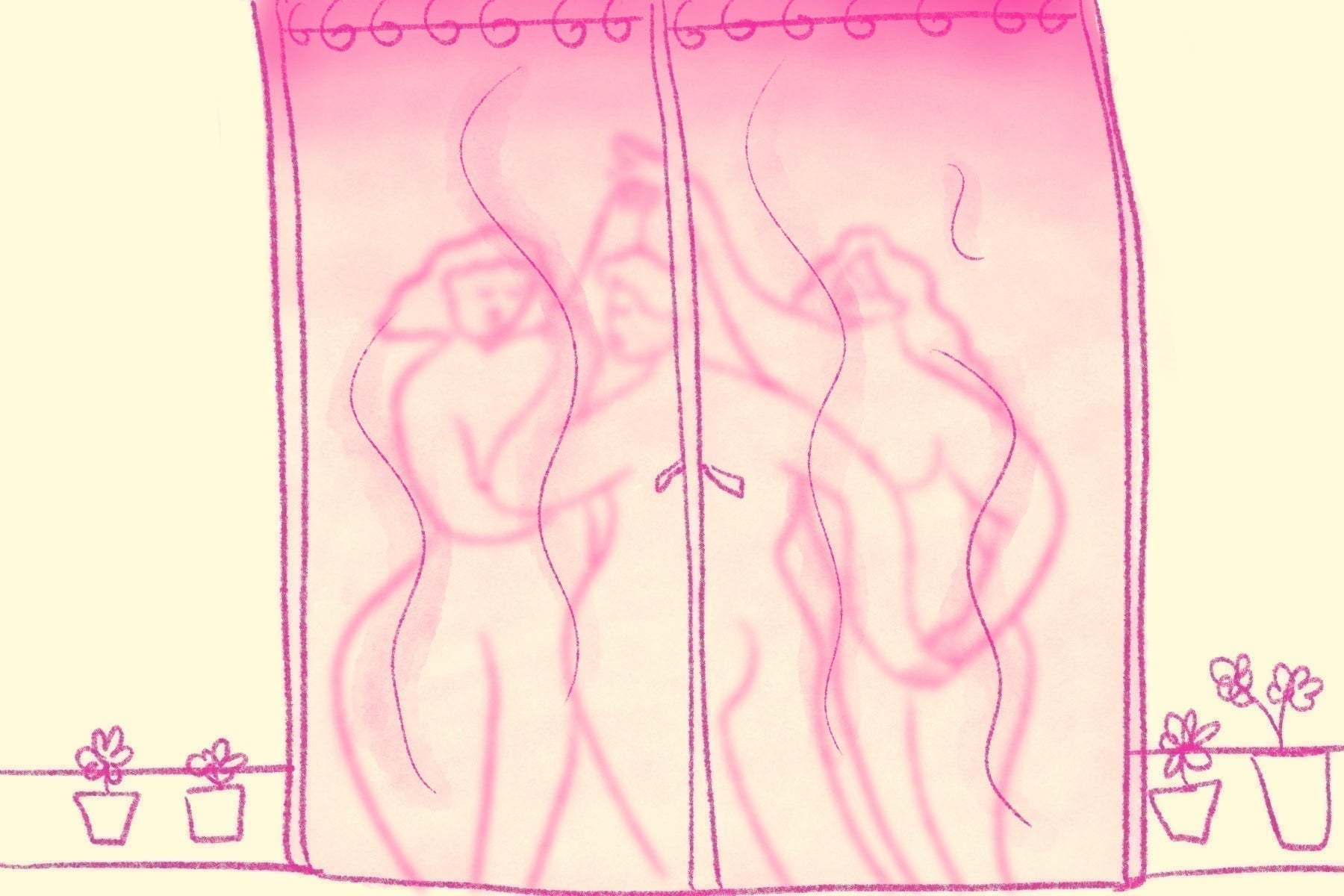Your cart is currently empty

Why has ghosting become a thing of our generation? Why are not many scared of falling in love but of getting ghosted? Why are we increasingly choosing to cut off someone without so much as saying a quick goodbye?
On one hand we have therapists constantly telling us to communicate, while on the other there are people so scared of actually talking about their feelings that they would just rather block you. With an increase in feeling of entitlement into entering people’s lives through the big bad internet, there is little to no accountability left. In today’s day and age when we invite a person in our lives with just a click, we also give them access to disappear without any accountability.

Almost all the stories of being ghosted have one thing in common- the avoidance of guilt. Why say, “Hey, I don’t think I like you even though I really tried” when you can just say nothing. Or why indulge in a painful breakup and give clarity when you can block. The stakes are too low for the person who is ghosting whereas the one on the other end is left with trust issues of a lifetime.
Imagine this, you are a woman in mid-20s who finally feels ready to out herself out there so she downloads Hinge. After many left swipes she starts flirting with a tall man with kind eyes. They go on a date that goes really well. The woman is kaafi smitten with him to realise something might be fishy. They are swapping stories and she is cautioning him time and again of her broken parts. Her heart is happy. The man starts to see that she is falling for him. He does nothing. Months go by. All seems well…
…and then, out of nowhere, he starts to pull away. She can feel the increasing distance in her bones. She gets restless. Impatient. She decides to confront him, “what the hell is going on?” The message gets delivered to its rightful owner. There is a blue tick. She can see him online. She gets frantic, so she sends more messages. All her desperation to communicate, to get some answers falls into deaf ears. Weeks go by and one day, his display picture and status is gone. The calls are getting cut after one ring.

It has now hit her that the person she was slowly falling in love has decided to ghost. All attempts to understand ‘why’ of this whole situation are in vain. The man disappears and the woman is left anxious and heartbroken.
An excerpt from Dolly Alderton’s debut novel ‘Ghosts’ that will always stay with me:
“Men of our generation often disappear once they’ve got a woman to say ‘I love you’ back to them, because it’s almost like they’ve completed a game. Because they’re the first boys who grew up glued to their PlayStations and Game Boys, they weren’t conditioned to develop any sense of honour and duty in adolescence the way our fathers were. PlayStations replaced parenting. They were taught to look for fun, complete the fun, then get to the next level, switch players or try a new game. They need maximum stimulation all the time. ‘I love you’ is the relationship equivalent of Level 17 of Tomb Raider 2 for a lot of millennial men.”
WIthout maligning the good experiences of people dating in this generation, I would like to say that it is my friends and I who have found dating similar to getting a migraine on a random Tuesday when you are at peace and relatively happy. The urge to be in love suddenly enters your body and with it access to terrible people. Ones who have helped coined concepts such as benching, breadcrumbing, caspering, cushioning, hoovering [author’s personal favourite], love bombing, roaching and the most Ted Bundy of all - ghosting!
Distressed from all the ugly experiences, I asked my therapist: Why do people ghost? To which she in her usual serious self, replied, “Ghosting can occur in different contexts but it feels most painful in romantic relationships. There are many reasons for people to disappear from another’s life. But when that happens it fundamentally feels like you are being rejected. That you are the one unwanted. Instead one needs to point fingers at the person who is ghosting. It is their lack of emotional maturity and communications skills that has prompted them to ghost. And most importantly to consciously inflict this trauma and emotional abuse.”
Getting ghosted can create ambiguity that becomes hard to deal with. Especially for people with abandonment issues. It plays to your most vulnerable side and stirs up an often volatile situation where one ends up being extremely reactive. To avoid this, I have set certainty as one of my most important non-negotiables while pursuing relationships. The clarity in ‘what are you looking for’ goes a long way. This is not to say that people don’t often lie and mislead you into believing things that are untrue. But after experiencing multiple heartbreaks, one tends to identify the red flags like the back of their hands.
I spoke to people who shared their stories of being ghosted as well as the reasons behind ghosting themselves. While the situations may vary, I hope the readers can find some comfort and solidarity in reading similar experiences of strangers.
A (27 y/o) on ghosting
I was recently speaking to someone who I was friends(with benefits) with a long time ago. After years, we matched again on Hinge. He told me I had ghosted him and that really hurt him. Meanwhile, I have no memory of such a thing happening. I remember us falling out and him moving on pretty quickly. He seemed to have been losing interest, since it was just a casual situation. I felt guilty for some time wondering if I really did ghost him. Regardless, I apologised. Then we went on to speak about how life has been for us all these years. I asked him in extreme details what he was up to and if he still listened to that musician he liked. I asked him about his health, family, and career. All this man replied was - he’s been okay, he’s moved to another country but a project he is working on has brought him back to India. That is all! So then I knew that there’s a reason I ghosted this man, if I did. If people are going to respond to you in a dry manner, show no real interest and make you feel guilty for cutting them off despite you trying to communicate in a healthy way, then I think it’s just better to ghost them.

AT (25 y/o) on being ghosted
I can’t tell how much my abandonment issues were triggered when this guy who I had been seeing for a few months ghosted me. I felt like the dirtiest person on the planet, I did not know what I did wrong. He just told me he couldn’t do this anymore and cut me off. He blocked me on WhatsApp and Instagram. He gave me no closure and all my wounds from feeling wronged as a child opened up. His rejection of me cut deep. After a few weeks when I was done pitying myself, I bought the same brand of cigarettes and the bourbon he loved and sat with myself one evening. This was my way of purging memories of him. It didn't feel so bad after a while.
NK (32 y/o) on healing from being ghosted
I was ghosted after being serenaded by my boyfriend of 3-months. All he said was, “I am not feeling it anymore, have a great life” and then proceeded to block me everywhere. Now anyone who will come at me with “him ghosting is all the closure you needed” will get a chappal. It feels traumatising. You trust and share your life with someone and then they choose to cut you off with no explanation whatsoever. I think what helped me finally see the light of the day was not cooking up narratives on the lines of ‘where did I go wrong’? Or ‘what could I have done differently’? Instead after going through a lot of self-doubt and hatred for myself, I started reasoning with my own head. It was him who lacked empathy and basic skills to end a relationship, not me. I did everything I could to make it work and I have only come out stronger. I accepted the fact that it is over and stopped waiting for him. Breaking the cycle of ‘will he ever come back’ and ‘will I ever get answers’ was surely a game-changer for me. And, hey, a little empathy and kindness for yourself can really do wonders!
----
About the Author
Questions and concerns about sex have been brewing in Moh Maya’s (she/her) head since she was 10. So she finds it fitting to document the intricacies of sexuality here and in her half-written chapters of a book on love lives of young women from India’s urban and rural spaces. She can be found observing and photographing every day lives in the neighbourhoods of Mumbai.










